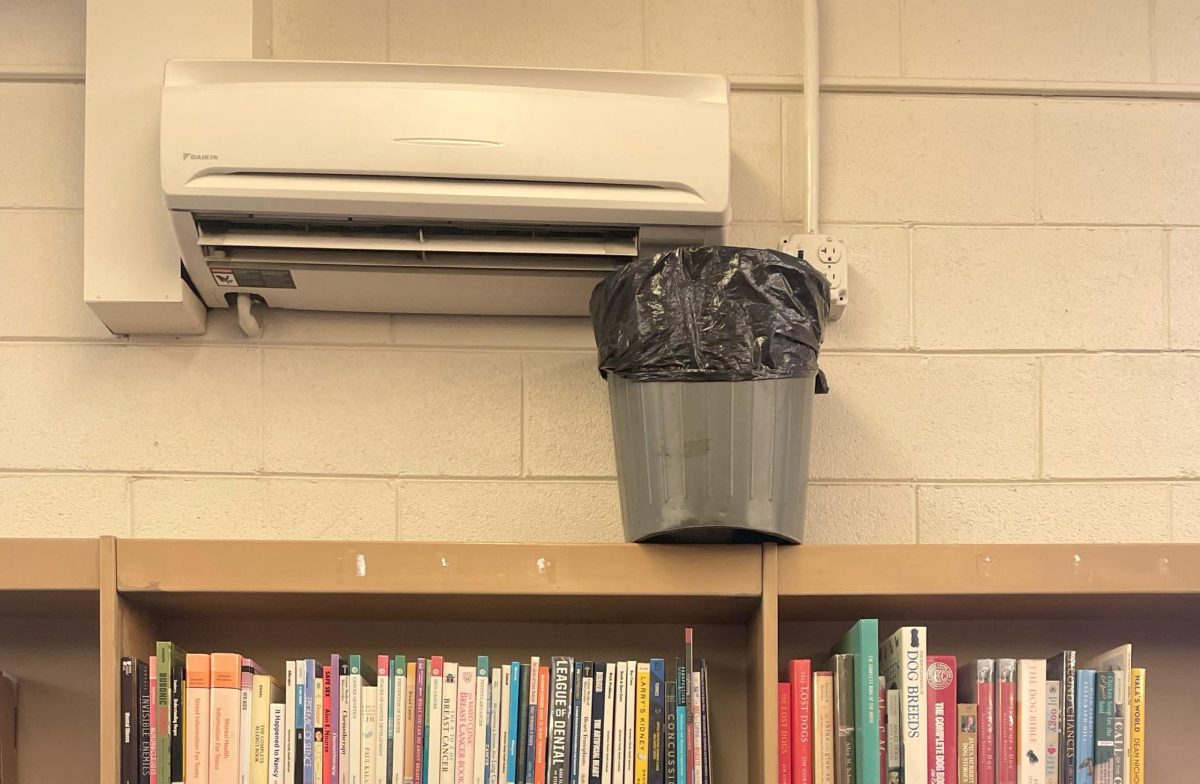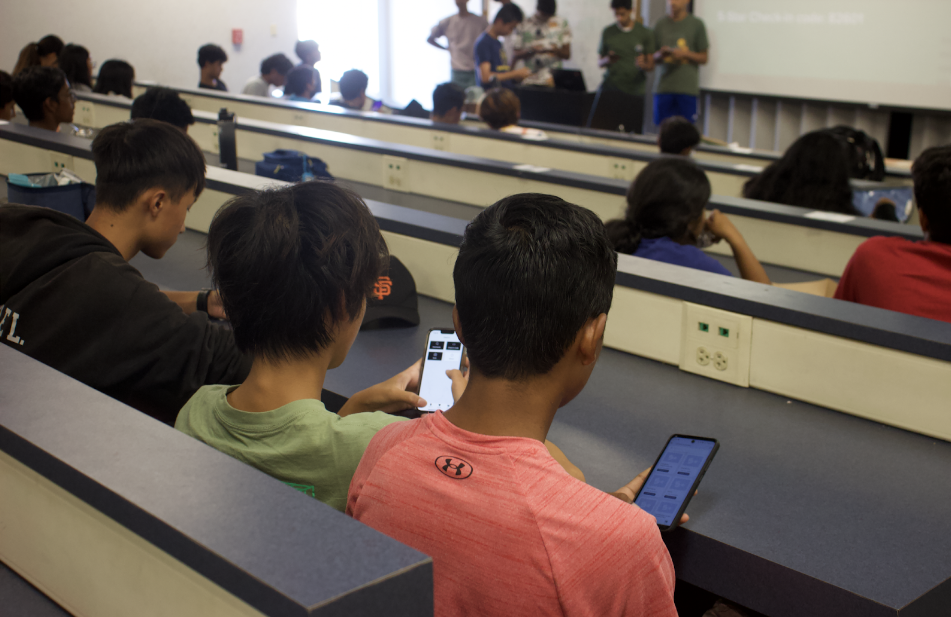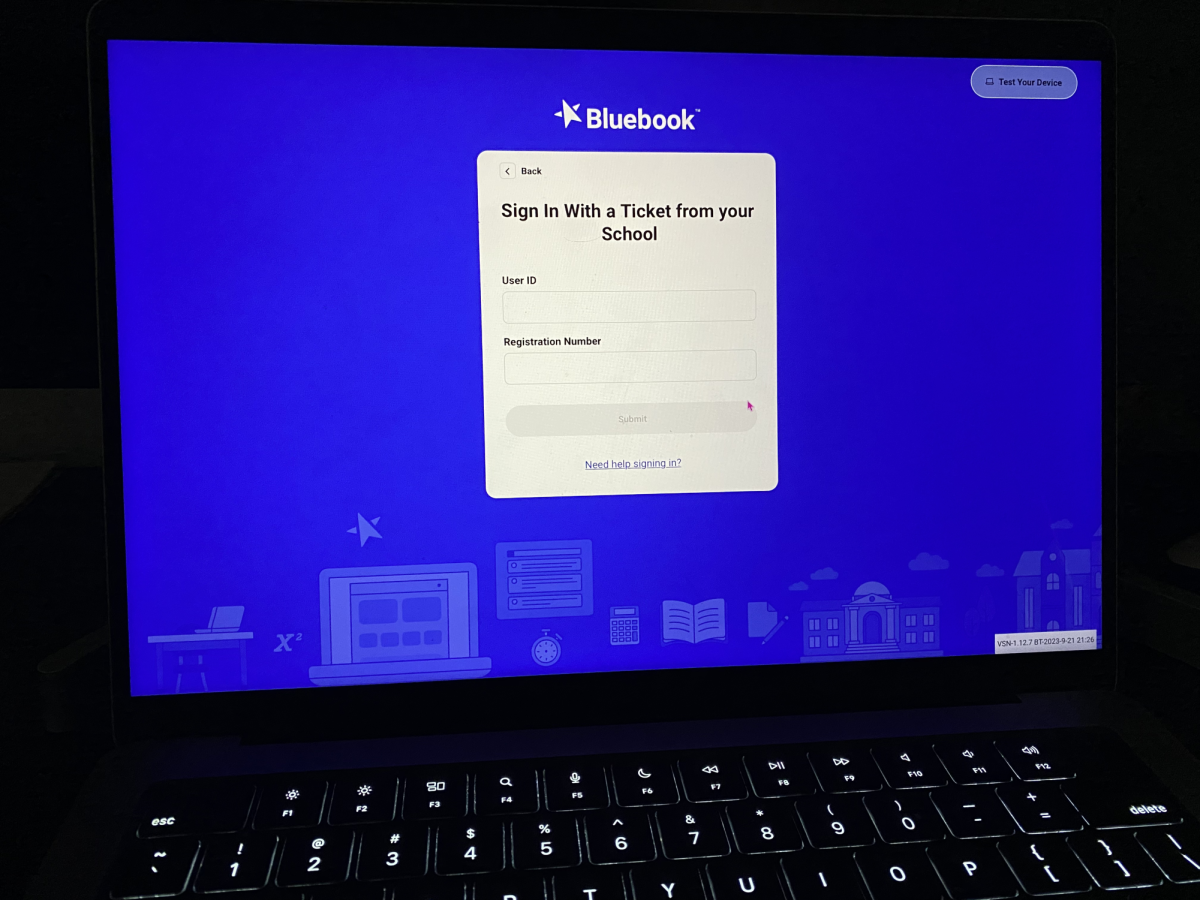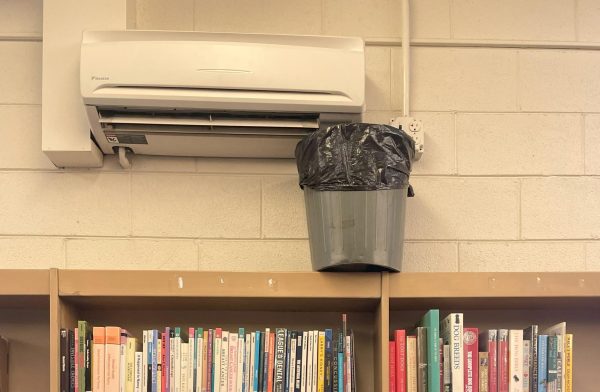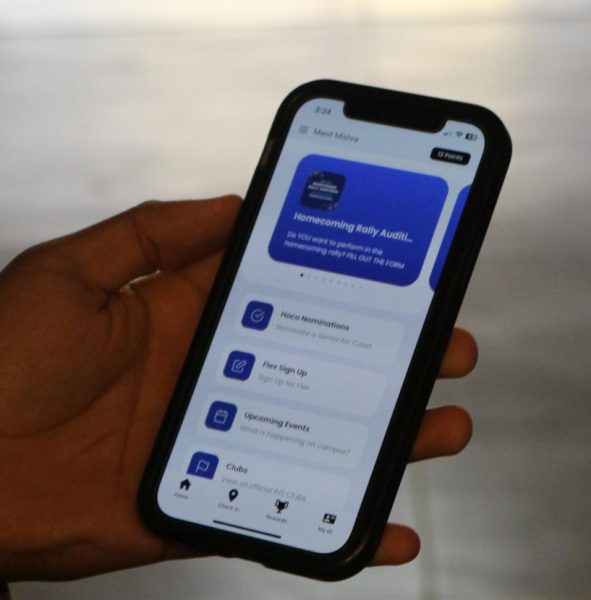IHS football athletes participate in concussion study
October 15, 2017
Since July 2017, Irvington High School’s football team has been the first high school sports team to participate in an Indiana University research study with Washington Hospital regarding the cause and diagnosis of concussions in athletes. The principal investigator for the concussion study at IHS, Dr. Steven Zonner, and other sports medicine physicians at Washington Hospital have been collecting data from athletes using specialized mouth guards, blood tests, and eye trackers.
“The purpose of this study is to determine is there a number and magnitude of hits that athletes undergo during the course of a season that could put them at risk for concussion,” said Dr. Zonner.
The effects of contact sports -notably football and soccer- on the mental health of high school athletes is rather controversial. As a whole, studies attempting to find a significant correlation between high school football and long term health issues like Chronic Traumatic Encephalopathy (CTE) have been inconclusive. However, the effects of concussions have been well documented. In a study from the American Association for the Advancement of Science (AAAS), researchers found that concussions among younger athletes can negatively affect brain development. This is especially prevalent for young adults, as they are susceptible to Second-Impact Syndrome which occurs when an athlete continues to participate in a sport with an unrecognized concussion. Studies like the one IHS football is participating in can help medical professionals more accurately diagnose and mitigate the negative effects of concussions.
The study IHS football is participating in uses mouth guards created by the company Athlete Intelligence that contain accelerometers. When in use, these mouth guards can record the number of hits an athlete experiences, as well as where those hits occur and at what magnitude. Using blood collected from the athletes, the researchers can also analyze specific biomarkers that correlate with concussions or potential concussions, which they can then compare to data collected from the accelerometers.
To supplement the results derived from both the accelerometers and blood test, researchers can also use eye tracking, which has proven useful in detecting and quantifying concussions. By the end of the season, the research team plans on conducting fourteen data collections.
“Given that it’s a small number, this is what we call a pilot study,” Dr. Zonner said, “we’ll look at this data and if the data looks promising, we’ll expand it next year to several high schools, so we get larger numbers. [Then], we can draw some important conclusions.”






